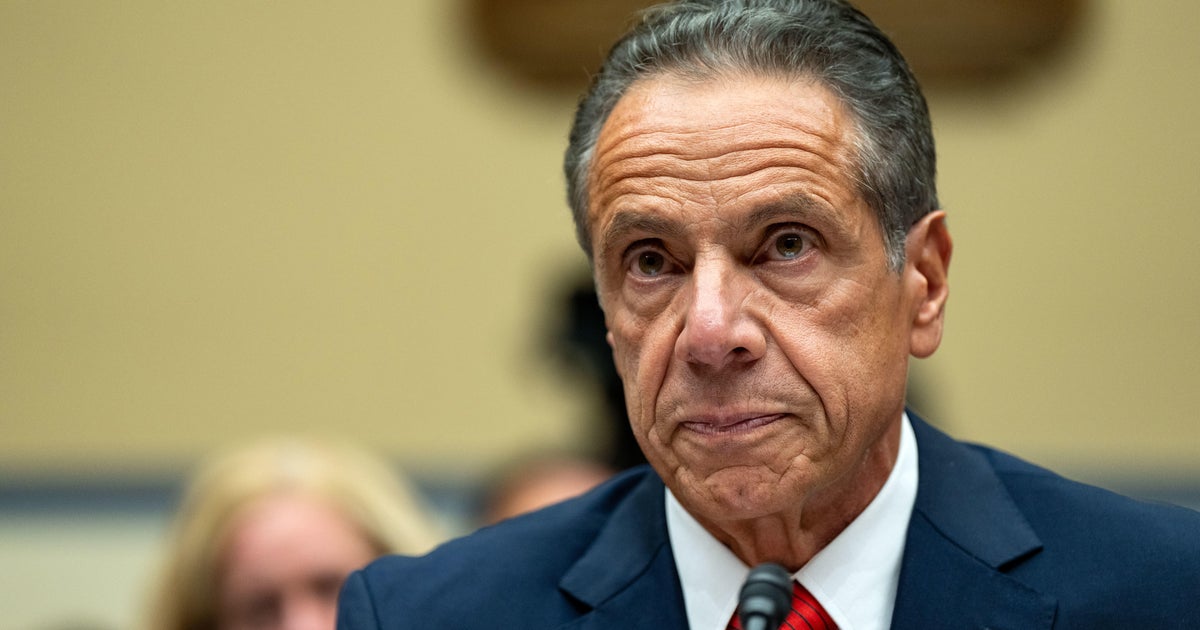Christie Administration Proposes New Rules For Access To Affordable Housing
TRENTON, N.J. (AP) -- Under pressure from the state Supreme Court, Gov. Chris Christie's administration proposed new rules Wednesday for how many homes should be within financial reach for lower-income people in each town in the state.
The rules are based on an analysis that the state has a need for an additional 110,000 units of affordable housing to cover present and future need as well as previous need that has gone unmet.
Advocates for the poor immediately said the rules were insufficient and needed serious changes before they are finalized later this year. One of the six members of the Council on Affordable Housing, Tim Doherty, voted against the proposed rules on the same grounds.
``This isn't what they're supposed to do,'' said Nina Arce, a spokeswoman for the Housing and Community Development Network of New Jersey. ``They're not doing the job.''
The full proposal, including the town-by-town targets, was expected to be released publicly later Wednesday.
Wednesday's proposal was the latest step in a legal battle that has lasted more than 40 years and shows no signs of stopping.
In landmark rulings in the 1970s and 1980s, the state Supreme Court found that towns had to have zoning laws that create the possibility of housing some lower-income people.
The council is the state agency created by lawmakers to carry out the policies and issue the target number for each municipality. Towns that do not have plans to meet those targets are can be sued by developers seeking to build high-density housing.
The last quotas expired in 1999, and housing advocates have been trying to get new regulations for developing those numbers in place since.
In March, the state Supreme Court ordered the Council on Affordable Housing, which had not met in nearly a year, to introduce a plan by May 1 and have it finalized by November.
Housing advocates said the council, which Christie has previously tried to abolish, met the first deadline but did not comply with other court requirements. Kevin Walsh, associate director of the Fair Share Housing Center, which has repeatedly sued the state over affordable housing policy, said the body was directed to use the same methodology for determining housing numbers that it did in the 1980s and 1990s.
Instead, he said, the state came up with a new system that calculates based on how much vacant land each community has and does not consider the possibility of redevelopment projects.
Even before hearing any details of the new proposal, he warned the council that it had to be done right. ``Or maybe just pack it up and we'll go back to the courts,'' he said.
Jeff Tittel, the director of the Sierra Club in New Jersey, said that could result in high numbers for rural places that should have land set aside for preservation. Tittel also criticized the state for wanting 10 percent of the housing in new developments set aside for low- and moderate-income residents as opposed to the previous 20 percent.
``It's the biggest giveaway to developers in state history,'' he said.
Community Affairs Commissioner Richard Constable, who also heads the housing council, said after the meeting that the administration is dedicated to providing more affordable housing and that it will take public input before the rules are finalized.
While housing advocates say the proposed rules will not provide enough homes, the New Jersey League of Municipalities said lawmakers should draft a new, modern affordable housing law.
And Jeff Surenian, a lawyer who represents town governments in affordable housing matters, said it's unlikely that there would ever be a plan that housing advocates and local officials would like.
``Housing advocates are asking for numbers that are clearly unreasonable,'' he said.
(Copyright 2014 by The Associated Press. All Rights Reserved.)
You May Also Be Interested In These Stories



